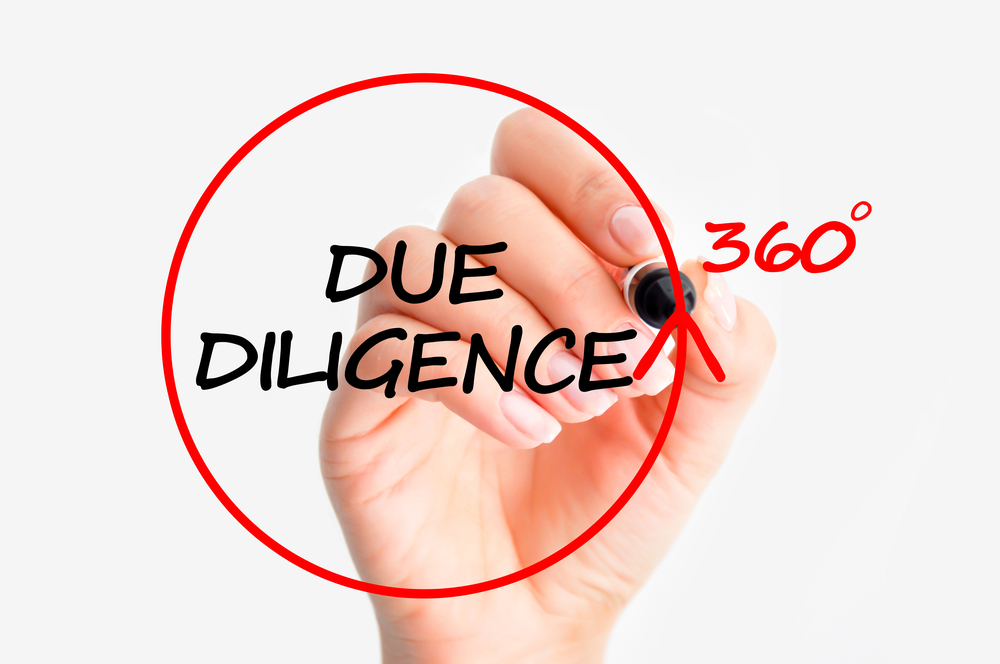Due Diligence, Enhanced Due Diligence (EDD) – What’s the difference?
In today’s complex business landscape, thorough risk assessment and compliance procedures are essential for safeguarding the interests of sophisticated investors and businesses. Two terms that often arise in this context are “due diligence” and “enhanced due diligence.” While they share a common goal of mitigating risks, it is crucial to understand the nuanced differences between them. In this article, we will delve into the contrasting realms of due diligence and enhanced due diligence, shedding light on their respective scopes, methodologies, and applications.
Understanding Due Diligence
Due diligence represents a comprehensive process of investigation and research conducted before entering into a business relationship or transaction. It serves as a means to assess the risks and potential outcomes associated with a specific venture. Due diligence primarily focuses on collecting and analysing relevant information to form an informed decision or recommendation.
In practice, due diligence typically involves evaluating financial statements, legal documents, contracts, intellectual property rights, operational procedures, and any other pertinent information. Its purpose is to identify any red flags, vulnerabilities, or discrepancies that might impact the transaction or partnership. The extent and depth of due diligence depend on factors such as the nature of the business, the industry involved, and the perceived risk level.
Enhanced Due Diligence: Digging Deeper
Enhanced due diligence takes the concept of due diligence a step further. It is an escalated level of investigation that applies when dealing with higher-risk transactions, clients, or jurisdictions. Enhanced due diligence incorporates additional layers of scrutiny to address potential vulnerabilities and ensure compliance with regulatory frameworks, industry standards, and best practices.
The factors triggering the need for enhanced due diligence can include high-value transactions, politically exposed persons (PEPs), individuals or entities from high-risk jurisdictions, complex ownership structures, or engagements involving sensitive sectors such as finance, energy, or defence. Enhanced due diligence encompasses a more intensive examination of a broader range of factors, such as reputational risks, regulatory compliance, source of funds, beneficial ownership, and potential exposure to money laundering or corruption.
Techniques utilised in enhanced due diligence may involve conducting in-depth background checks, analysing media coverage and online presence, verifying the legitimacy of business operations, and engaging specialised third-party services or experts. The aim is to uncover hidden risks, ensure transparency, and provide a more comprehensive risk assessment to guide decision-making.
The Value of Distinction
Distinguishing between due diligence and enhanced due diligence is crucial for businesses and investors. It allows them to allocate resources appropriately based on the level of risk and complexity involved. While due diligence provides a fundamental layer of investigation, enhanced due diligence serves as an advanced risk management tool, addressing heightened concerns and regulatory requirements.
Conclusion:
In a world where financial crimes, regulatory breaches, and reputational damage pose significant threats, due diligence and enhanced due diligence play vital roles in protecting businesses and investors. Understanding the distinctions between these two approaches empowers decision-makers to tailor their risk management strategies effectively.
By embracing a proactive and tailored due diligence framework, businesses and investors can make informed choices, navigate complex landscapes, and foster trust and integrity in their operations. Whether conducting due diligence or implementing enhanced due diligence measures, a comprehensive and meticulous approach is essential in today’s interconnected and dynamic business environment.
At FACT, a leading provider of UK and global Due Diligence services, we offer a comprehensive suite of EDD, including third-party, AML, KYC, PEP, and risk profiling.




